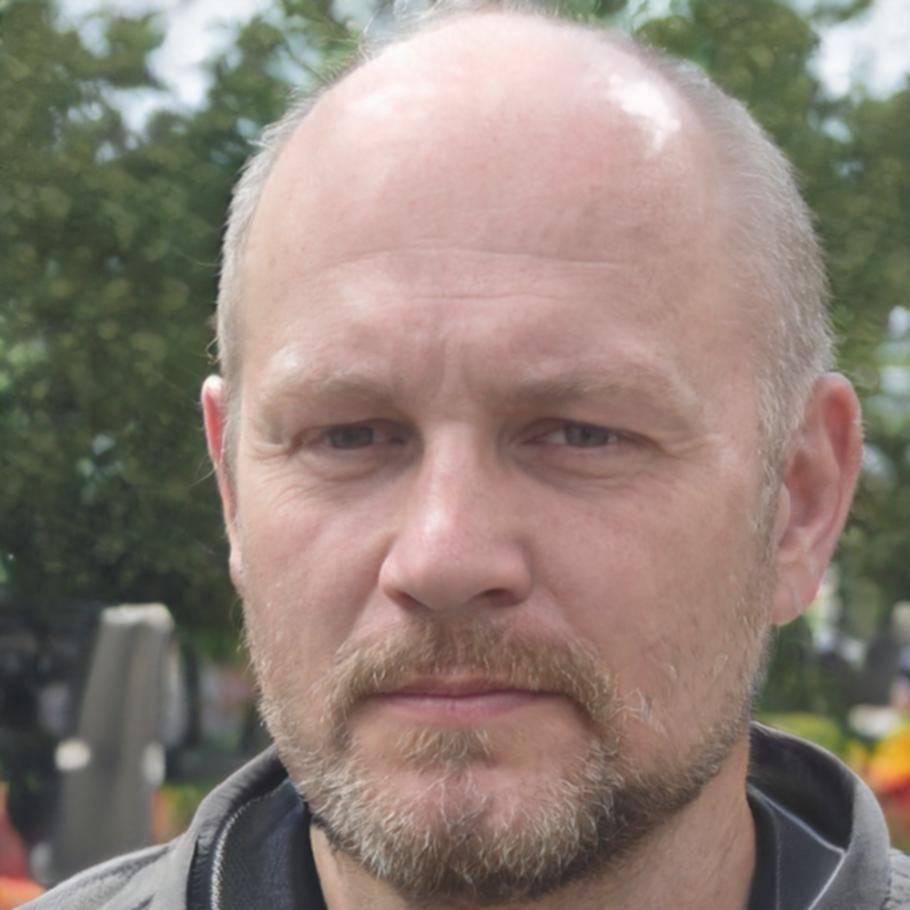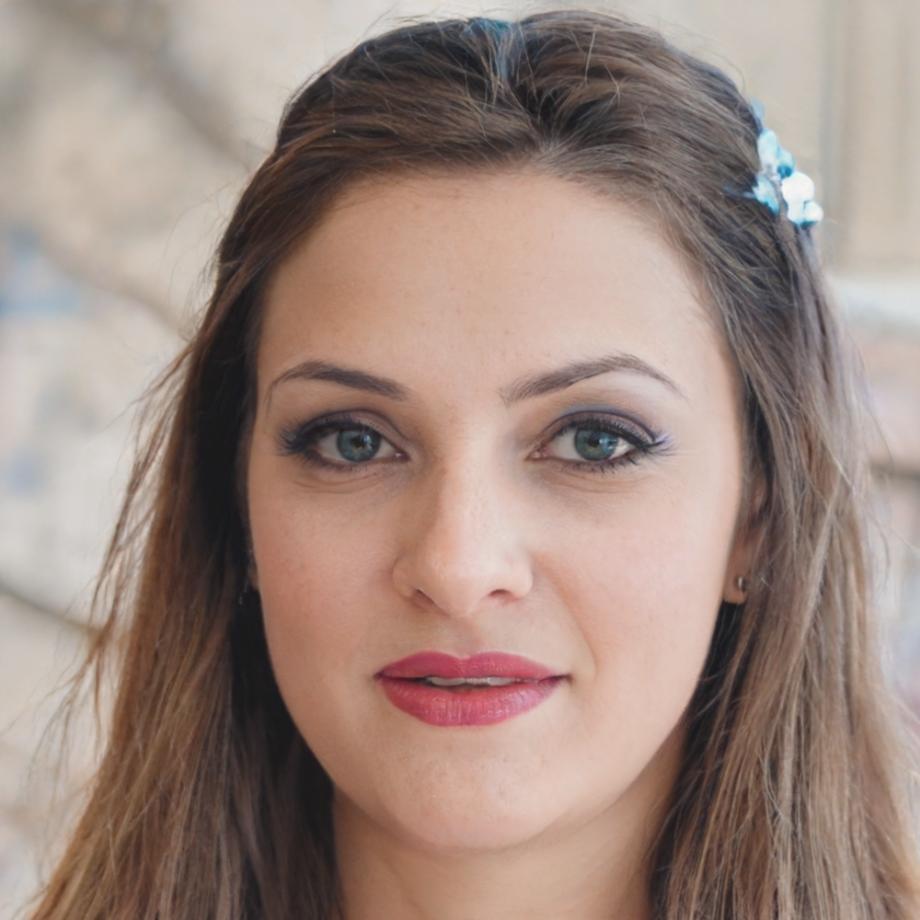Financial clarity for business owners who've got better things to do
Most entrepreneurs I've met are brilliant at what they do. But budgeting? That's where things get messy. This program won't make you love spreadsheets—but you'll finally understand where your money's actually going.
Explore the programDesigned for people running real businesses, not hypothetical case studies
Next intake starts September 2025—giving you time to sort current commitments
Small cohorts mean actual attention, not just another face in a webinar
How we get from confusion to confidence
Five months isn't magic. But it's enough time to build habits that stick. Each phase builds on the last, so you're not just learning concepts—you're applying them to your actual business numbers.
Getting real about current state
We start by looking at what's happening right now. No judgment, no complicated financial jargon. Just an honest assessment of where money comes in and where it disappears to. This usually takes about three weeks because most people discover accounts they'd forgotten existed.
Building a system that fits
Generic templates don't work because no two businesses are identical. We create a budgeting framework that matches how you actually operate—whether that's project-based, subscription revenue, or something entirely different. This phase takes four to five weeks and involves actual experimentation.
Forecasting without fantasy
By month three, you'll start projecting future scenarios based on real data patterns. Not wild optimism or worst-case paranoia—just realistic models that help you make informed decisions about hiring, equipment purchases, or expansion timing.
Handling the unexpected
Things go sideways. Clients delay payments, equipment breaks, opportunities emerge that weren't in the plan. The fourth phase focuses on building financial flexibility so surprises don't become crises. This is where the real value shows up.
Making it sustainable
The final month is about creating systems that continue after the program ends. Monthly review routines, quarterly adjustments, annual planning processes. The goal is independence—you won't need to keep coming back for basic guidance.
What this actually helps you do
Theory is fine, but you're here because your business needs practical improvements. These are the specific outcomes participants typically achieve.
Stop panic pricing
Know your actual costs so you can quote with confidence instead of guessing and hoping you didn't underbid again.
Build real reserves
Create systematic savings that don't disappear during quiet months. Financial cushions that let you sleep properly.
Make informed tradeoffs
When you can't afford everything at once, understand which investments move the business forward and which just feel urgent.
Spot patterns early
Notice seasonal trends, identify which services are actually profitable, and stop subsidizing work that drains resources.
Plan for growth sensibly
Understand when you can afford to hire, expand, or invest in equipment without putting everything at risk.
Reduce tax surprises
Stay ahead of tax obligations instead of scrambling when deadlines appear. Not glamorous, but definitely valuable.
Who's actually teaching this
Small programs mean you get to know the instructors as people, not just names on course materials. Here's who you'll be working with directly.

Cedric Thornwell
Lead instructor
Spent fifteen years fixing his own budgeting disasters before helping other business owners avoid the same mistakes. Former small business owner who learned these lessons the expensive way.

Rhiannon Vesper
Financial systems specialist
Works with participants individually to adapt frameworks for their specific business models. Has seen enough variations to know that cookie-cutter approaches rarely work.

What happens during those five months
The program combines weekly group sessions with individual work on your actual business finances. Not theoretical exercises—your real numbers, your real challenges.
Weekly two-hour sessions that mix instruction with working sessions where you apply concepts immediately. Recordings available if you miss one, though live participation is more valuable.
Private discussion forum where you can ask questions between sessions. Response times vary, but usually within 24 hours on weekdays.
Spreadsheet templates and tracking tools that you can customize. We provide the structure, you adapt it to fit your business reality.
Monthly one-on-one review sessions to discuss progress, troubleshoot issues, and adjust approaches based on what's working for you.
Questions people usually ask
Based on conversations with previous participants and people considering the program.
Do I need accounting background?
How much time does this require weekly?
What if my business is really small?
Is there ongoing support after five months?
What happens if I fall behind?
Ready to stop winging your business finances?
The September 2025 cohort has limited spots because we keep groups small. If you're tired of financial uncertainty and ready to build actual systems, let's talk.